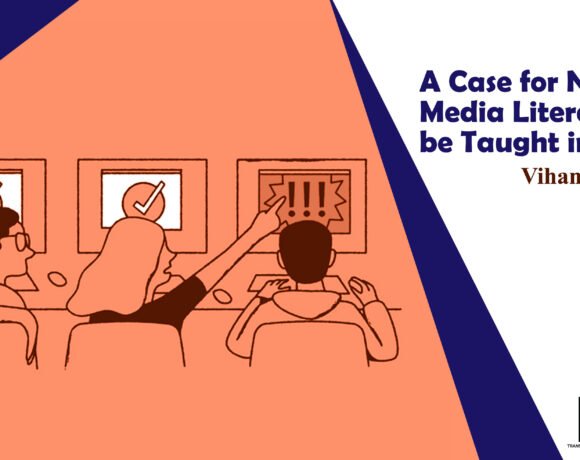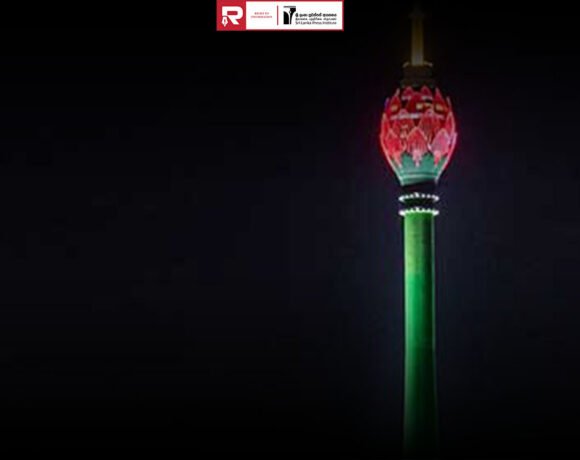
The Transparency and Prioritization of the Covid Vaccine Rollout
Skandha Gunasekara
The transparency and prioritization of the Government’s Covid-19 vaccine inoculation program have been called into question by many quarters, including professional medical bodies and international watchdog organizations, voicing their concerns.
The National Advisory Committee on Communicable Diseases (NACCD), which also acts as the National Immunization Technical Advisory Group (NITAG), the state body tasked with advising on the national immunization policies for all vaccine-preventable diseases including Covid-19. This Advisory Committee is a statutory body recognized both locally and internationally, approved the National Vaccine Deployment Plan for Covid-19 in January 2021. Approved by the Ministry of Health, the plan was forwarded to all relevant stakeholders including the World Health Organization (WHO).
The plan outlined a priority-based inoculation programme with several sections of society being given preference including frontline health staff, frontline staff from the security forces and the Police, elderly over 60 years of age, those with co-morbidities and high risk groups in economically important and essential service/institutions.
The foremost objective of the vaccination programme for Covid-19 across the world is to minimize the spread of the deadly disease and thereby curtail the number of resulting deaths.
The importance of prioritizing vaccines for individual countries and states is due to the limited supply of the various Covid-19 vaccines across the globe that have been developed; as explained and highlighted by the Vaccine Prioritization Framework of the Strategic Advisory Group of Experts on Immunization of the World Health Organization.
On the 28th of January Sri Lanka received the first batch of Oxford-AstraZeneca’s COVISHIELD Covid-19 vaccines from India and the vaccination drive was initiated among the frontline healthcare workers and armed forces from January 29th.
However, on 8 February 2021, State Minister of Primary Health Care, Epidemics, and COVID Disease Control, (Dr.) Sudarshini Fernandopulle, announced that all citizens between the ages of 30 – 60 years will receive the COVID-19 vaccine from the 01st of March at 4,000 centers island-wide.
The Minister also noted that steps were taken to carry out the vaccination process at 2000 centers per day.
On 22nd February, the College of Community Physicians of Sri Lanka (CCPSL), a leading body of public health experts and specialists in the country decried the government decision of changing the vaccine priority groups to include those from the ages of 30-60.
“The decision of the Ministry of Health to initiate vaccination targeting the individuals of 30 to 60 years was implemented in a few selected communities is a clear deviation from the scientifically agreed prioritization stated in the National Vaccine Deployment Plan. This strategy is neither an evidence based practice, nor a public health decision considering the wider public health and economic outcomes, and it totally derails the COVID-19 preventive activities in the country, dangerously undermining the public health response to COVID-19 especially with regard to the objective of reduction of complications and deaths due to COVID-19.”
They charged that deviation from the pre-approved vaccine roll out plan could have detrimental consequences for overall public health and safety.
“Disregarding the recommendations of NACCD at this stage of pandemic response may jeopardize the entire COVID-19 control activities. We, the CCPSL, earnestly request the government to urgently implement the scientifically recommended vaccine priority list rather than taking ad hoc decisions on vaccination policy,” they said via a press statement. In addition, Transparency International Sri Lanka (TISL) questioned the transparency in which the inoculation programme was being carried out and highlighted the main issues: the public being informed of a proper screening being conducted of the vaccines obtained and secondly; the procurement and distribution process being transparent and accountable.
TISL’s Executive Director, Attorney-at-law Nadishani Perera noted “We acknowledge the Government’s efforts to begin the vaccine roll out at the earliest and at high speed and the efficient dissemination of the vaccines to the frontline workers during the last three days. However, it is essential for the Government to note that the COVID-19 vaccine is a critical, lifesaving, massive scale intervention that is highly vulnerable to corruption worldwide. Thus, it becomes greatly important to take all necessary steps to eliminate the opportunities for corruption and to ensure transparency throughout the process, thereby building public trust and public accountability.”
Perera said that that TISL had made multiple Right to Information Requests from relevant authorities on: the procurement of the Oxford Astrazeneca and other relevant vaccines, the vaccine rollout plan for the general public including the criteria for selecting priority recipients of the vaccine and information relating to medical approval for the relevant vaccines.
On 23rd February, it was reported that individuals had attempted to influence health workers into giving them the vaccine on the claim that they were on Colombo Mayor Rosy Senananayake’s list. This is possible evidence of the alleged corruption and lack of transparency in the inoculation programme.
Nevertheless a spokesman for the Mayor had denied such allegations of having a special list and that Colombo Mayor Senanayake had visited the vaccination center in question and instructed the health workers not to vaccinate anyone who has tried to use her name to influence the vaccination programme and not to bypass the Government’s priority list for any reason.
As of 25th February 2021, a total 393, 469 individuals had been given the vaccine.








